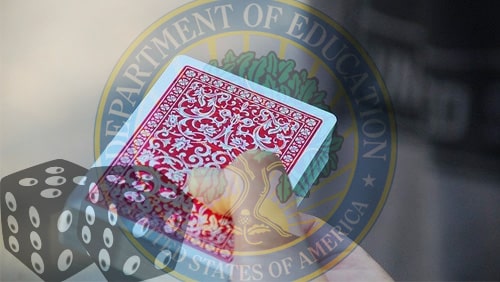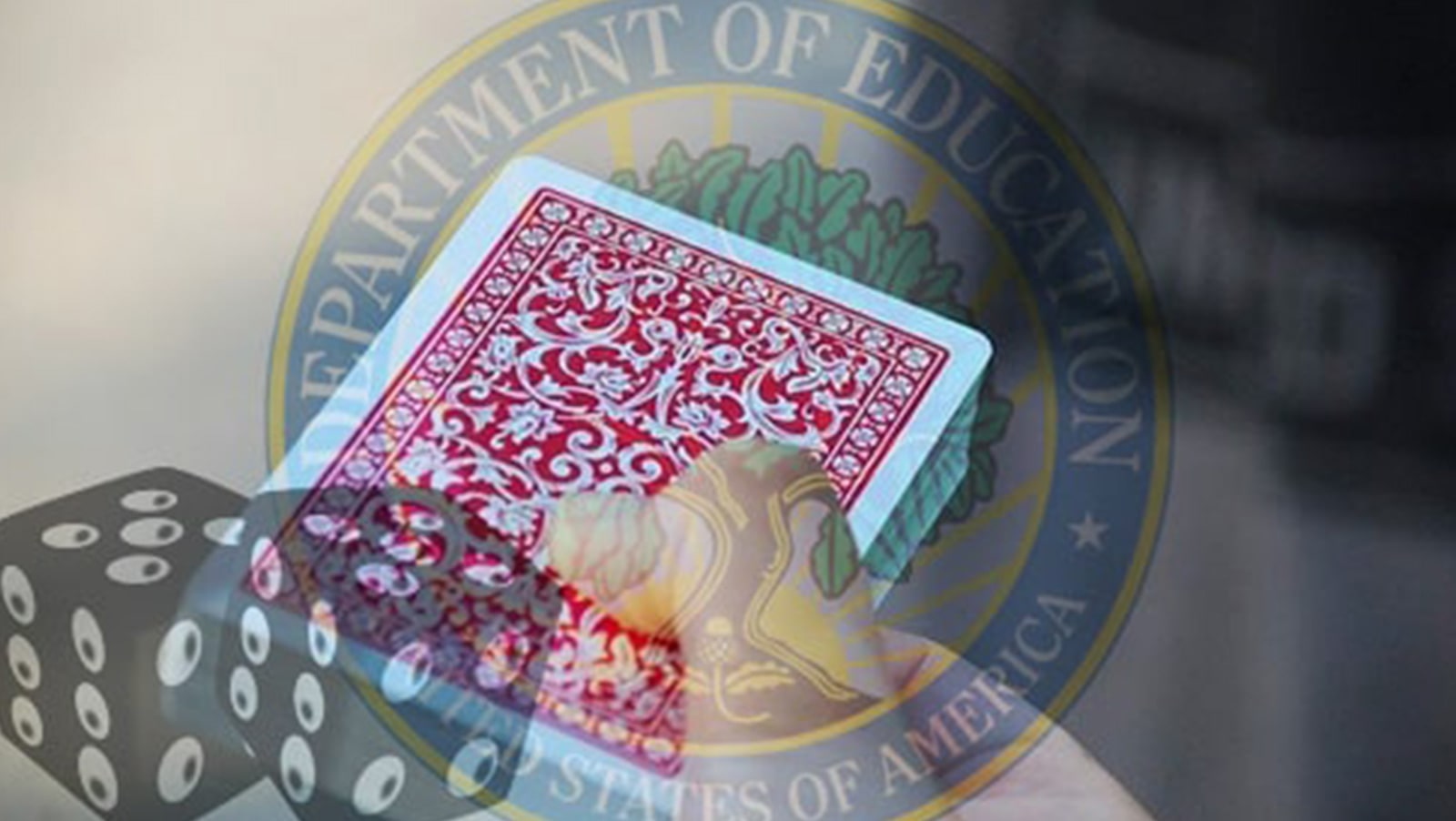Students in the U.K. wiil soon get an education on how to approach gambling the right way. Starting in September, the Department of Education has ordered gambling to be a compulsory part of the curriculum for teenagers.
 U.K. Schools Minister Nick Gibb noted the program will focus on the harms of gambling as well as other debt-related matters. It will be included as part of a compulsory ‘Personal, Social, Health and Economic’ (PSHE) education program.
U.K. Schools Minister Nick Gibb noted the program will focus on the harms of gambling as well as other debt-related matters. It will be included as part of a compulsory ‘Personal, Social, Health and Economic’ (PSHE) education program.
Gibb explained: “I want to ensure every child understands the risks, which is why we are making health education — including issues such as addiction and cumulative debt — compulsory from September.”
This has been tried before by Demos, which released the results of a two-year pilot education program in 2018. The program was intended to give students the tools so they would recognize risky behavior, such as gambling. The program included 650 14-year-olds who were shown how to “weigh risk, identify manipulative behavior, manage impulses and help others” who may have a problem.
According to Demos, after one year in the program, there was a 7% decline in the number of students who were playing cards for money. There was also a 3% decline in the number of at-risk students who acknowledged that they were engaged in four or more types of gambling activities.
As succesful as that program imght have been, the new urgency for education comes from a DoE research study. 55,000 children in the United Kingdom are problem gamblers, the study noted, with some as young as 11 years old.
However, the research also concluded that gambling is just one of a number of behaviors that need to be addressed. This is why the PSHE program will focus on “equipping pupils with a sound understanding of risks and knowledge to make safe and informed decisions on adult matters related to drug education, financial management, sex and relationships and the importance maintaining a healthy lifestyle.”
In the program, information regarding treatments that are available for gambling problems, as well as support structures for victims and other vulnerable consumers, will be provided as well. Explained Marc Etches, chief executive of GambleAware, “Very few teenagers have actually been taught about the risk associated with gambling and what the signs of problem gambling are.”
